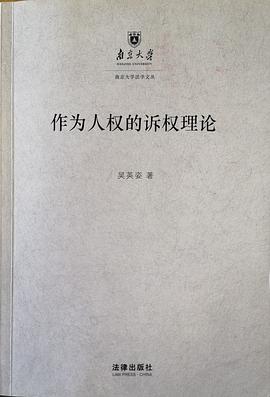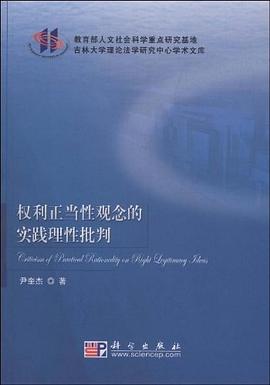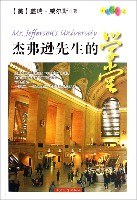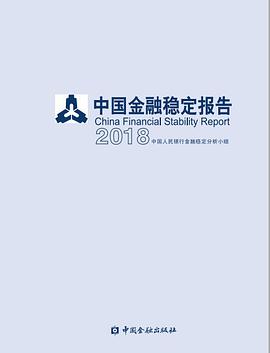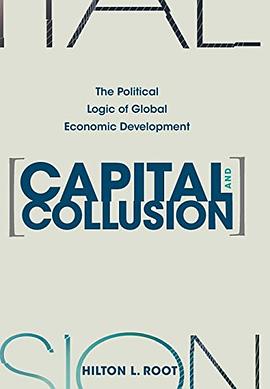

具體描述
Why does capital formation often fail to occur in developing countries? "Capital and Collusion" explores the political incentives that either foster growth or steal nations' growth prospects. Hilton Root examines the frontier between risk and uncertainty, analyzing the forces driving development in both developed and undeveloped regions. In the former, he argues, institutions reduce everyday economic risks to levels low enough to make people receptive to opportunities for profit, stimulating developments in technology and science. Not so in developing countries. There, institutions that specialize in sharing risk are scarce. Money hides under mattresses and in teapots, creating a gap between a poor nation's savings and its investment. As a consequence, the developing world faces a growing disconnect between the value of its resources and the availability of finance. What are the remedies for eliminating this disparity? Root shows us how to close the growing wealth gap among nations by building institutions that convert uncertainty into risk. Comparing China to India, Latin America to East Asia, and contemporary to historical cases, he offers lessons that can help the World Bank and the International Monetary Fund to tackle the political incentives that are the source of poor governance in developing nations.
著者簡介
圖書目錄
讀後感
評分
評分
評分
評分
用戶評價
相關圖書
本站所有內容均為互聯網搜索引擎提供的公開搜索信息,本站不存儲任何數據與內容,任何內容與數據均與本站無關,如有需要請聯繫相關搜索引擎包括但不限於百度,google,bing,sogou 等
© 2025 book.quotespace.org All Rights Reserved. 小美書屋 版权所有






